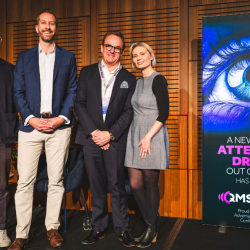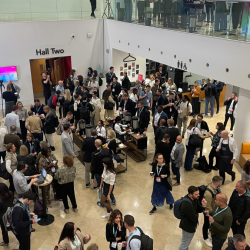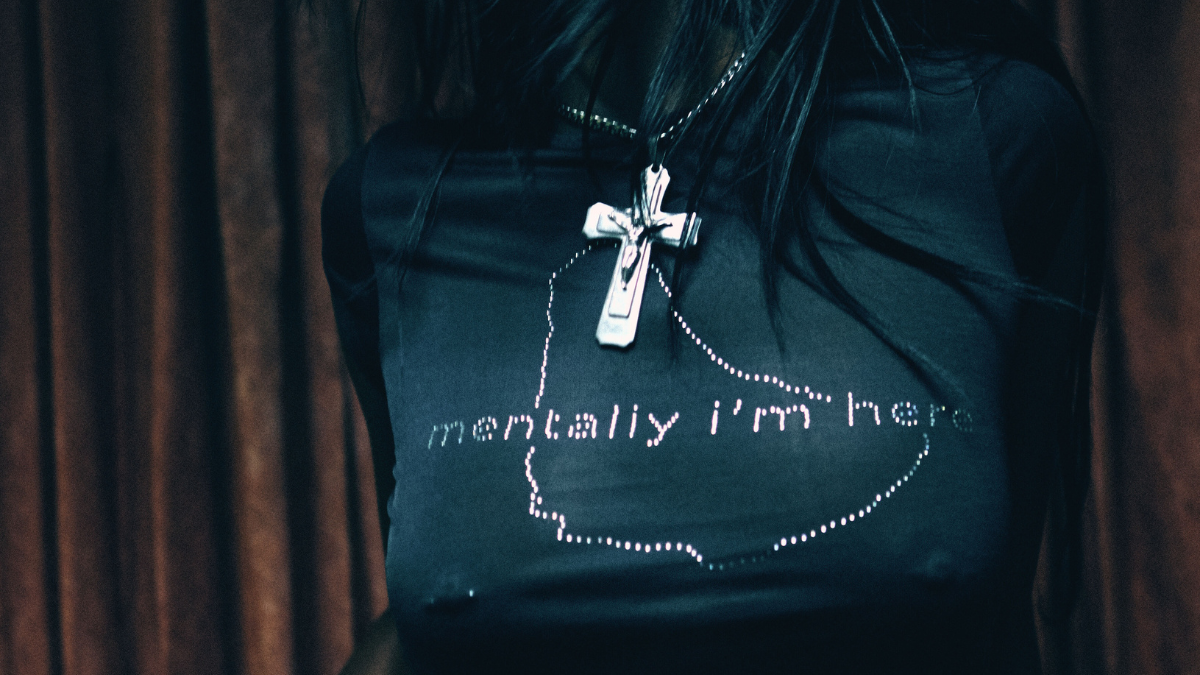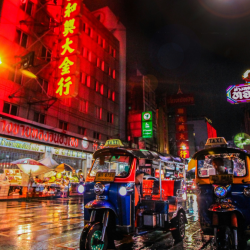Thailand – ‘The Land of Smiles’, as the world knows it…
A place blessed with warm sunshine yearly and people with hearts of kindness and sympathy. Every visitor to the kingdom returns home ecstatic to have experienced a land that is clearly filled with abundance, both agriculturally and geographically. Would it occur to them that underneath the warm sun and behind the smiles, there is a hidden discontent brewing within the workforce, due to cultural norms that have been active for generations?
As a multicultural Thai woman, born and bred in Bangkok, my education is a privilege. I’ve studied at prestigious educational institutions and speak two languages fluently. This start in life has equipped me with an edge, both within local and global social corporate norms. And with this privilege, I’ve had the advantage to choose to work for a certain type of company. I’ve seen first-hand that there is a drastic difference in employee treatment between organizations that operate within global standards, and ones that are considered local.
Engrained in Thailand’s culture is an active hierarchy system that heavily drives society’s function, and more so within working groups
Without it, there is confusion, ultimately leading to chaos. Independence and proactiveness are unheard of as positive traits in an employee, because displeasing seniority or making mistakes is deemed unacceptable, rather than a stepping stone to grow. No one in their right mind would challenge, voice their opinions, or even report any wrongdoings done by their seniors. Maintaining peace is what the larger group seeks and individually, not speaking up prevents risk of any form of internal abuse. Quantity is golden, while value and quality of output is outright overlooked. One would then expect mental wellbeing within the society to be unstable. And it truly is, with workers expected to suppress any form of mental struggle; to ‘save face’ for themselves, their peers, and especially for their families. It wasn’t until the dark times of Covid-19 when suicide rates in the nation rose drastically, that our leadership, HR representatives and government officials started to take notice.
Still, many senior management and leaders within a hierarchical system remain unwilling to let go of maintaining ultimate power, and continue to oversee mental health as being a struggle within our working class. There is much to develop, and still so much more to learn about maintaining the well-being of employees. We must look at how other nations are promoting healthy working environments. Our youth are about to enter a workforce reliant on pleasing tactics and suppressing their opinions, unable to display who they really are. Of course it’s important that our traditional values should always be an effort to preserve — but when mental health is affected by outdated cultural norms that limit an employee’s potential, it is worrying that as a country, Thailand will always be considered as developing.
With only a handful of Thailand’s population able to afford prestigious education and the opportunity to work in global organization, my continued discontent is within leaderships that have yet to consider employee well-being and fair treatment as important initiatives. It’s my hope that by starting, they’ll see that these initiatives are successful. Employees are loyal and naturally deliver their KPIs, while proud to represent their company and carry a genuine and sustainable positivity for the duration of their careers. I suppose only time will tell.
#endtoxicworkenvironments
Featured image: Honey Fangs / Unsplash































